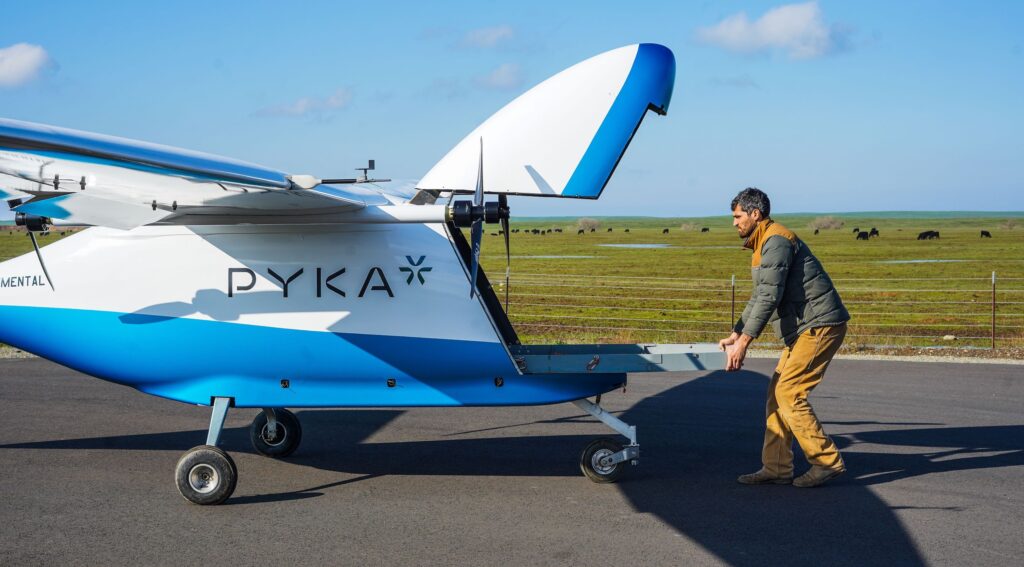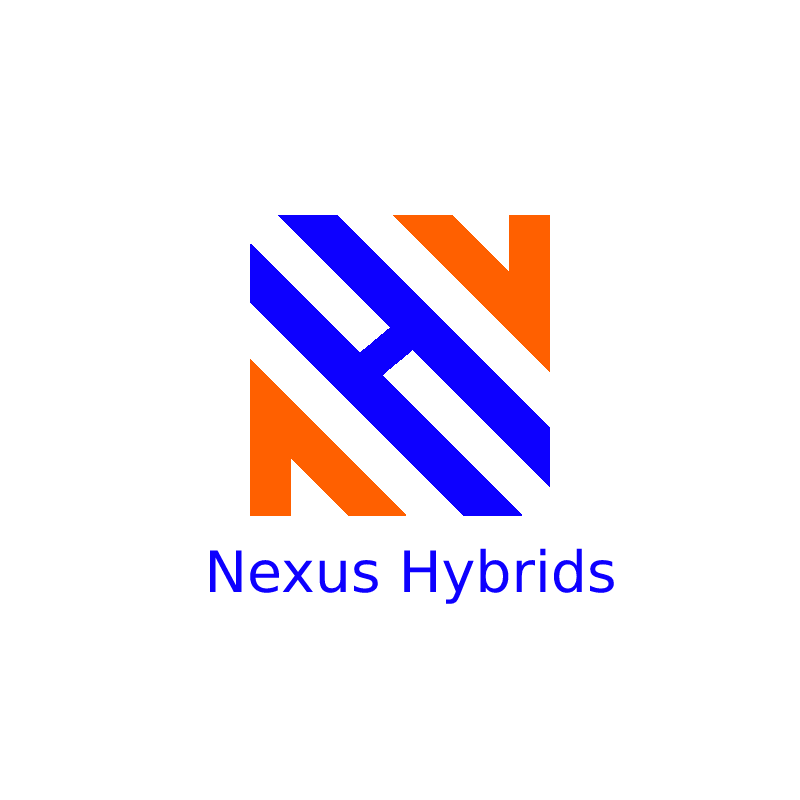Pyka is a company that is changing the world of aviation with its cutting-edge autonomous electric aircraft. Pyka’s aircraft can fly themselves and run on clean energy, making them safer, greener, and more affordable than ever before. In this blog post, we will explore how Pyka has grown from a humble garage startup to a global leader in aerial application and cargo delivery, and how it is helping the world grow with its innovative solutions.

Pyka’s Story
Pyka was founded in 2017 by a team of five aviation enthusiasts who had a dream of creating a new kind of aircraft that could fly itself and run on electricity. They started working on their first prototype, “Big Bird”, in a garage in California. Big Bird was a 400lb unmanned aerial vehicle (UAV) that could carry 100lb of payload and fly for 30 minutes.
Pyka joined Y Combinator’s summer 2017 batch, where they received mentorship and funding to develop their first product, the “Egret”, which was a 200lb payload autonomous electric crop duster. Pyka certified the Egret for commercial operation in New Zealand in mid-2019, making it the first-ever human-scale autonomous electric aircraft certified for commercial work.
Pyka raised an $8m Seed+ round in late 2019 and flew its second generation electric autonomous ag airplane, the “Pelican”, in early 2020. The Pelican had over 3x the liquid payload of the Egret and incorporated dozens of design and feature improvements. Pyka started serial production of the Pelican in late 2020 and delivered its first customer aircraft to Costa Rica in early 2021, where it became the first autonomous fixed wing aerial application on a banana crop in human history.
Pyka secured FAA authorization for commercial operation of the Pelican in the US in mid-2021 and unveiled the Pelican Cargo, the world’s largest zero-emission autonomous cargo UAS, in early 2023. Pyka also partnered with EmbraerX, the R&D arm of Embraer, to accelerate the future of autonomous aerial application operations in Brazil. Pyka raised $37m in Series A funding in mid-2023 and secured the world’s first approval for autonomous night spray operations in Costa Rica later that year. Pyka grew to 55 employees by August 2023 and celebrated with a company-wide retreat to Lake Tahoe, CA.
Pyka’s Impact
Pyka is not only creating amazing aircraft, but also creating positive impact for the world. Pyka’s aircraft are designed to help farmers increase their productivity, reduce their environmental footprint, and improve their livelihoods. Pyka’s aircraft can spray crops faster, more accurately, and more safely than conventional methods, while using less water, fuel, and chemicals. Pyka’s aircraft can also operate at night, when wind and temperature conditions are optimal for spraying, and avoid disturbing wildlife and humans.
Pyka’s aircraft are also designed to help transport goods faster, cheaper, and greener than ever before. Pyka’s aircraft can carry up to 500lb of cargo and fly up to 300 miles on a single charge, making them ideal for delivering medical supplies, e-commerce orders, humanitarian aid, and more. Pyka’s aircraft can take off and land from any flat surface, eliminating the need for airports or infrastructure. Pyka’s aircraft can also fly autonomously without human intervention or supervision, reducing labor costs and human errors.
Pyka is on a mission to make aviation safer, cleaner, and more cost-effective than ever before. Pyka is creating a new era of autonomous electric aviation that will benefit farmers, consumers, businesses, and the planet. Pyka is growing fast and helping the world grow with its innovative solutions.
Also Read: SaaS and Cloud Computing
